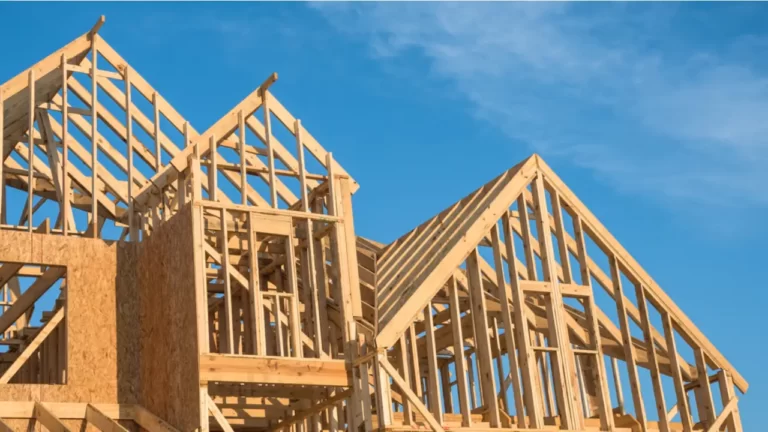“Senior Living Made Affordable: A Guide to Refinancing in a Seniors Community”
As people age, they may find that their living expenses start to take up a larger portion of their income, making it difficult to maintain their desired standard of living. Fortunately, for those who own a home in a seniors community, refinancing can be an effective way to reduce expenses and make senior living more affordable. In this guide, we’ll explore the options available for refinancing in a seniors community and how they can help seniors maintain their quality of life.
Seniors Community Refinancing Options
Refinancing can be a good option for seniors in a community setting, but it’s important to choose the right type of refinancing. Here are some of the most common refinancing options for seniors:
- Conventional Refinance: A conventional refinance is a popular option for seniors in a community setting. It allows you to refinance your existing mortgage with a new one that has a lower interest rate, which can lower your monthly payments and save you money in the long run.
- Home Equity Conversion Mortgage (HECM): A HECM, also known as a reverse mortgage, is a government-insured loan that allows seniors to convert the equity in their home into cash. This option can be especially helpful for those who are struggling to meet their expenses or who want to improve their quality of life in their senior years.
- Cash-Out Refinance: A cash-out refinance allows you to take out a new mortgage for more than you owe on your existing mortgage. The extra cash can be used for a variety of purposes, such as paying off high-interest debt, making home improvements, or covering unexpected expenses.
Senior Living and Refinancing
One of the main advantages of refinancing for seniors is that it can help them maintain their quality of life. Here are some of the ways that refinancing can make senior living more affordable:
- Lower Monthly Payments: By refinancing to a lower interest rate or extending the term of your loan, you can reduce your monthly mortgage payments. This can free up money that you can use to cover other expenses, such as healthcare costs or leisure activities.
- Increased Cash Flow: If you choose a cash-out refinance or a HECM, you can access the equity in your home to supplement your income. This can be especially helpful if you’re on a fixed income and need extra cash to cover your expenses.
- Debt Consolidation: Refinancing can also be a good option if you have high-interest debt. By consolidating your debt into your mortgage, you can lower your overall interest rate and reduce your monthly payments.
Eligibility for Senior Community Refinancing
To qualify for refinancing in a seniors community, you’ll typically need to meet the same eligibility requirements as any other homeowner. This includes having a good credit score, a low debt-to-income ratio, and enough home equity to cover the new loan. However, some lenders may also require that you meet additional criteria, such as being at least 62 years old for a HECM.
Benefits of Refinancing in a Seniors Community
As with any financial decision, there are pros and cons to refinancing in a seniors community. Here are some of the key factors to consider:
Benefits:
- Lower Interest Rates: Refinancing can help you take advantage of lower interest rates, which can save you money over the life of your loan.
- Reduced Monthly Payments: By extending the term of your loan or refinancing to a lower interest rate, you can reduce your monthly mortgage payments.
- Access to Home Equity: With a cash-out refinance or HECM, you can access the equity in your home to supplement your income or cover unexpected expenses.
As seniors age, their needs and priorities change. Some choose to move into a seniors community where they can enjoy a range of amenities, social activities, and medical support. However, the cost of living in a seniors community can be high, and it may be a struggle to keep up with the expenses. Fortunately, refinancing can be an excellent option to make senior living more affordable. In this guide, we will explore the different refinancing options available to seniors in a community and how they can benefit from it.
Seniors Community
A seniors community is a residential community specifically designed for seniors aged 55 and above. These communities offer various amenities like health care facilities, recreational facilities, and social activities to make the lives of seniors more comfortable and enjoyable. These communities come in different forms like independent living, assisted living, and skilled nursing homes, offering different levels of care and support.
Senior Living
Senior living refers to the lifestyle that seniors adopt after they retire. This lifestyle is characterized by a focus on health, leisure activities, and socializing. Senior living can take many forms, including living with family, living alone, or living in a seniors community.
Refinancing options
Refinancing is the process of replacing an existing loan with a new one. Seniors who own homes in a seniors community have several refinancing options, including a traditional refinance, a cash-out refinance, and a reverse mortgage.
- Traditional Refinance: A traditional refinance involves replacing an existing mortgage with a new one at a lower interest rate. This option can reduce monthly payments and save thousands of dollars in interest over the life of the loan.
- Cash-out Refinance: A cash-out refinance is a type of refinancing that allows seniors to borrow against their home equity. The borrower takes out a new mortgage for more than the current mortgage balance and receives the difference in cash. This option is useful for seniors who need extra funds for medical expenses, home improvements, or other needs.
- Reverse Mortgage: A reverse mortgage is a loan that allows seniors aged 62 or above to convert their home equity into cash. Unlike a traditional mortgage, the borrower does not have to make monthly payments. The loan is repaid when the borrower sells the home, moves out, or passes away.
Reverse Mortgage
A reverse mortgage is a type of refinancing option that can benefit seniors living in a seniors community. This option can help seniors access their home equity without having to sell their home or make monthly payments. Seniors can use the funds to pay off medical bills, home repairs, or other expenses. However, it is essential to note that a reverse mortgage may affect eligibility for Medicaid or other government programs.
Home Equity
Home equity is the difference between the current market value of a home and the outstanding mortgage balance. Seniors who have lived in their home for a long time may have significant home equity. Refinancing options like a cash-out refinance or reverse mortgage allow seniors to tap into this equity and use it to improve their financial situation.
Closing Costs
Before refinancing, it is essential to consider the closing costs, which include appraisal fees, title insurance, and other expenses that are incurred in the process of closing the mortgage. These costs can add up and may affect the overall amount that you save by refinancing. However, there are options to reduce these costs, such as negotiating with the lender to waive or reduce some fees.
Interest Rates
One of the main reasons to refinance your mortgage is to take advantage of lower interest rates. Lower interest rates mean lower monthly payments, which can free up funds for other expenses. To determine whether refinancing will save you money, you need to calculate the interest savings over the life of the loan.
Eligibility Criteria
To qualify for refinancing, you will need to meet certain eligibility criteria. This includes having a good credit score, a stable source of income, and sufficient home equity. Home equity is the difference between the current market value of your home and the outstanding mortgage balance. The more equity you have, the easier it is to qualify for refinancing.
Loan Terms
Refinancing your mortgage means you will be signing a new mortgage agreement with new terms. It is essential to read and understand the terms of the loan before signing. For instance, you may want to look at the length of the loan and the interest rates, among other things. Additionally, you may want to compare the terms of the new loan with the old loan to determine whether refinancing is a wise financial decision.
Appraisal Process
The appraisal process is an essential step in refinancing your mortgage. It involves determining the current market value of your home. The lender will want to know the value of your home to determine how much equity you have and how much they can lend you. It is essential to keep your home in good condition and make any necessary repairs before the appraisal process.
In conclusion
Refinancing can be an excellent option for seniors living in a community to make senior living more affordable. Seniors can benefit from lower interest rates, access to cash, and reduced monthly payments. However, it is crucial to weigh the pros and cons of each refinancing option and consult with a financial advisor before making any decisions. With the right refinancing option, seniors can enjoy a comfortable, affordable, and enjoyable lifestyle in a seniors community.
(Review our Refinance Calculator to consider if a Refinance is the best option for you. Also, before the refinance process, remember to check your middle credit score at Middle Credit Score® to ensure your middle credit score, which is the approval credit score most lenders use, is the strongest it can be. Doing so allows consumers to avoid lenders’ guidelines which will often charge higher fees, points, and interest rates with a lower-than-average middle credit score. Plan ahead with MiddleCreditScore.com.)






